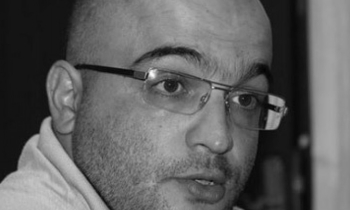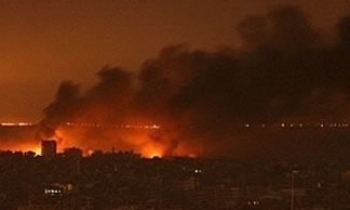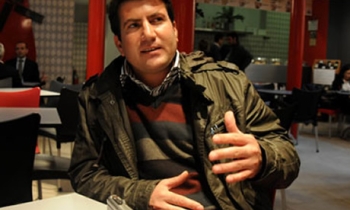NEW DELHI: In the backdrop of criticism against the television sting expose on a Delhi school teacher, who was allegedly pushing her students into prostitution, broadcasters have defended the sting operation describing it as an extension of investigative journalism and an expose of a terrible crime.
The broadcasters rejected the suggestion, as made by some, that the I&B ministry's proposed content code for broadcasters would have prevented mob violence.
"Would you want such a wolf of a teacher to continue doing what she was doing?" asked a broadcaster. "Shouldn't she be exposed? All the wrong reasons are being cited to justify the content code."
Aaj Tak executive director and CEO G Krishnan said, "TV channels have a right to conduct sting operations, just as newspapers do investigative reporting. It will be incorrect for the government to be given the authority to impose restrictions."
On the mob reaction, Krishnan said, "People have the right to express their views. Unfortunately people reacted very emotionally to the sting, they should have gone to the police or the courts. But a few days back when a girl went to report her stolen mobile to the police she was raped. We don't know how many such cases are taking place. The media is only putting it in front of the people."
Defending the sting conducted by his channel, Sudhir Choudhary from Live India said, "Our sting on human trafficking was in public interest. It was not TRP oriented or we could have carried sleaze, a bedroom story about politicians, if we wanted to garner higher TRPs. And as a news channel we get 20 sting operations. We reject most of them. We only accept those that are in public interest."
He added that the channel had taken the precaution of informing the police about the sting before it was aired. "It is the police's job to maintain law and order. They did not take us seriously and sent only 4-5 constables. In fact, later when a large crowd had collected, the police asked us to stop live broadcast of the mob fury. We immediately removed our reporter and OB van."
Choudhary added that the channel had by evening submitted all the tapes to the police and the education department. On bringing about a content code, Choudhary said, "There is no need for a government controlled content code. I feel that all channel heads are capable of self-regulation. There will be no meaning of a free media in this country, if there is a code."
Times Now CEO Sunil Lulla agreed: "I feel each channel has its own guidelines and mode of sensibility. To say that an umbrella code should be established is declaring a police state. Channels don't air sting operations to instigate violence. To link it to a reaction in this extreme case would be wrong."
Amitabh Thakur, DIG editor, who has conducted stings like Chakravuyh where MPs were caught accepting commissions for releasing MPLAD fund, is of the opinion that stings are investigative journalism. "If editors can take a call on other stories, why not sting operations? Not just a sting but any story should be done with journalistic intentions. The reaction to any story is not the media's responsibility."
While agreeing that sting operations were necessary in certain circumstances Rajdeep Sardesai, CNN-IBN editor-in-chief said, "Any sting operation must squarely be in public interest and not entrapment. I don't know enough about this case to comment on whether it was in public interest or not. But having said that, it is wrong to say that the mob fury could have been incited only by media coverage. There could be numerous factors for what happened on Thursday and media coverage was one of them. However, I do feel that there is need for various filters to be gone through before a sting is aired."









